Buying property in Mexico is an exciting opportunity, whether you’re looking for a vacation home, an investment or a permanent residence. However, the process comes with its own set of rules and regulations, especially for foreign buyers. From understanding the restrictions on coastal properties to navigating capital gains taxes, this article can help you make an informed decision.
Whether you’re a temporary or permanent resident or even just someone looking for a vacation home, this article will walk you through the essential steps, legal considerations and costs involved in buying property as a foreigner.
Can Foreigners Buy Property?
The short answer is yes, foreigners can buy property here. However, there are specific restrictions and guidelines, especially when it comes to purchasing property in certain areas such as coastal regions and border zones.
The restricted zone refers to areas within 100 kilometers (62 miles) of Mexico’s borders and within 50 kilometers (31 miles) of the coastline. Foreigners are not allowed to directly own land in these areas. However, there is a legal workaround through a fideicomiso, which is a bank trust.
Under the fideicomiso, a Mexican bank acts as a trustee, holding the property on behalf of the foreign buyer. While the bank holds the legal title, you retain full control of the property, which includes the ability to sell, lease, improve, or transfer it. The trust is renewable every 50 years and can be passed down to heirs. Setting up a fideicomiso usually costs between $500 to $1,000 USD, with an annual maintenance fee of $400 to $600 USD, but these costs can vary from bank-to-bank and from region-to-region.
The Property Buying Process
Now that you know it’s possible for foreigners to own property, let’s dive into the steps involved in purchasing real estate.
Choosing a Realtor: It’s highly recommended to work with a licensed, bilingual realtor when buying property. Many foreigners rely on real estate agents who are members of the Asociación Mexicana de Profesionales Inmobiliarios (AMPI), roughly the Mexican equivalent of the National Association of Realtors (NAR) in the U.S. Realtors in Mexico typically charge a commission fee of 5% to 8% of the sale price, which is comparable to fees charged in the U.S.
Why use a Realtor?
-
- Navigating legal requirements: Mexican property laws differ significantly from those in other countries, so it’s important to have professional guidance.
- Avoiding scams: There are cases of fraudulent sales or properties with unresolved legal issues, especially in coastal areas popular with tourists or ejidal (communal) land.
Escrow Accounts: Unlike in the U.S., escrow accounts are not legally required here. However, they are increasingly being used by foreigners to ensure a secure transaction. Escrow accounts provide a neutral third party to hold funds until all conditions of the sale are met. Escrow services may cost an additional 1% to 1.5% of the property price.
Why use an escrow account?
-
- Ensures your money is safe during the purchasing process.
- Protects both the buyer and seller by holding funds by an intermediary until the property transfer is legally finalized.
Legal Assistance and Notary Public: The role of a notary public (notario público) is significantly more expansive than in other countries. They are licensed lawyers with specialization and are the equivalent of a closing attorney in the U.S. The notary public is responsible for certifying that all legal documents and contracts are in order before the sale can be finalized. It’s crucial to hire a notary public to review all legal paperwork, ensure the seller has clear title to the property and that all taxes and permits are settled. Notary fees can range from 1% to 2% of the property value.
Types of Properties: Pre-Construction, Residential and Coastal
Pre-Construction Properties: Buying pre-construction (off-plan) property is quite common, especially in popular tourist destinations like Playa del Carmen, Tulum and Puerto Vallarta. These properties are often sold at a discount, with the promise of modern amenities and luxury features.
Advantages:
-
- Lower price compared to finished homes.
- Potential for appreciation as the development progresses.
Risks:
-
- Delays in construction or unfinished projects.
- Misrepresentation of the final product – be sure to carefully review contracts and the developer’s reputation.
- The developer becoming financially insolvent and unable to finish the development project.
It’s crucial to ensure that the developer is reputable and has a solid track record of delivering on promises. Again, working with a licensed real estate agent is highly recommended. It’s also a good idea to check with others who have also bought in the same development as to their personal experiences.
Residential Properties: For most foreigners, buying a ready-built residential property is more straightforward. Residential properties can range from city apartments to beachside villas. One major advantage is that you can physically inspect the property and the surrounding neighborhood before making a decision.
Coastal Properties and Fideicomisos: As mentioned earlier, if you’re buying property within 50 kilometers of the coastline, you’ll need to establish a fideicomiso. Coastal properties are particularly popular among foreigners due to their scenic beauty and proximity to popular tourist areas.
Capital Gains Tax and Other Fees
When selling property, you may be subject to capital gains tax. This tax applies to the profit earned from the sale and is calculated based on the difference between the purchase price and the sale price, adjusted for inflation.
The capital gains tax, known as Impuesto Sobre la Renta (ISR), is generally 35% of the net gain on the property. However, there are exemptions and deductions available for individuals who can prove they have been legal residents for at least 2 years and that the property has been their primary residence.
To minimize capital gains tax, you can:
-
- Provide proof of home improvements or renovations, as these can be deducted from the taxable gain.
- Consult with a notary public or tax expert to understand all available deductions.
- If you’re a citizen, you may also qualify for additional exemptions
In addition to the capital gains tax when selling, there are various costs associated with the initial purchase of property:
-
- Closing costs: These include notary fees, property registration, and legal fees, typically around 5% to 8% of the property’s sale price.
- Property taxes (predial): Property tax here is relatively low compared to other countries. Property taxes range from 0.1% to 0.4% of the property’s value per year.
Financing Options for Foreigners
While many foreign buyers pay in cash, financing options are available for those who prefer not to pay in cash or are unable to buy completely in cash. Some Mexican banks, like Intercam Banco, and private lenders offer mortgages to foreigners, although interest rates can be significantly higher compared to U.S. or Canadian rates. It’s also possible to secure financing from international banks that specialize in cross-border transactions or through developer financing for pre-construction properties.
Taxes for Property Owners
Aside from capital gains tax and property taxes, you’ll also need to consider tax obligations for rental income. If you plan to rent out your property, you must pay income tax on the rental income. The tax rate varies based on the location and the amount of rental income but is typically between 25% to 35% of the gross rental income. It is highly advisable to consult a licensed tax accountant since the tax system here can be very challenging for foreigners to navigate.
Helpful Online Resources
Stay up-to-date on all the relevant information as it pertains to property ownership and real estate agents, as outlined in this article, by checking the following websites:
-
- Gob.mx: Mexico’s official federal government portal with details on all government matters, including information on property ownership, taxes and residency.
- SAT: Mexico’s official federal government agency responsible for the collection of taxes from individuals and businesses.
- AMPI: The official association of Mexican real estate professionals.
Conclusion
Buying property in Mexico as a foreigner is not only possible but can be a rewarding experience. From navigating coastal restrictions and fideicomisos to understanding capital gains tax and closing costs, it’s essential to follow the correct legal procedures and work with trustworthy professionals like licensed realtors and notaries. By being well-informed and prepared, you can successfully purchase your dream home, whether it’s a vacation property, investment or a permanent residence.
Please feel free to leave us a comment below about your home buying experience. We would love to hear from you! Additionally, if you found this article helpful, consider sharing it with others who might benefit from it. A quick share goes a long way in helping others discover useful information!

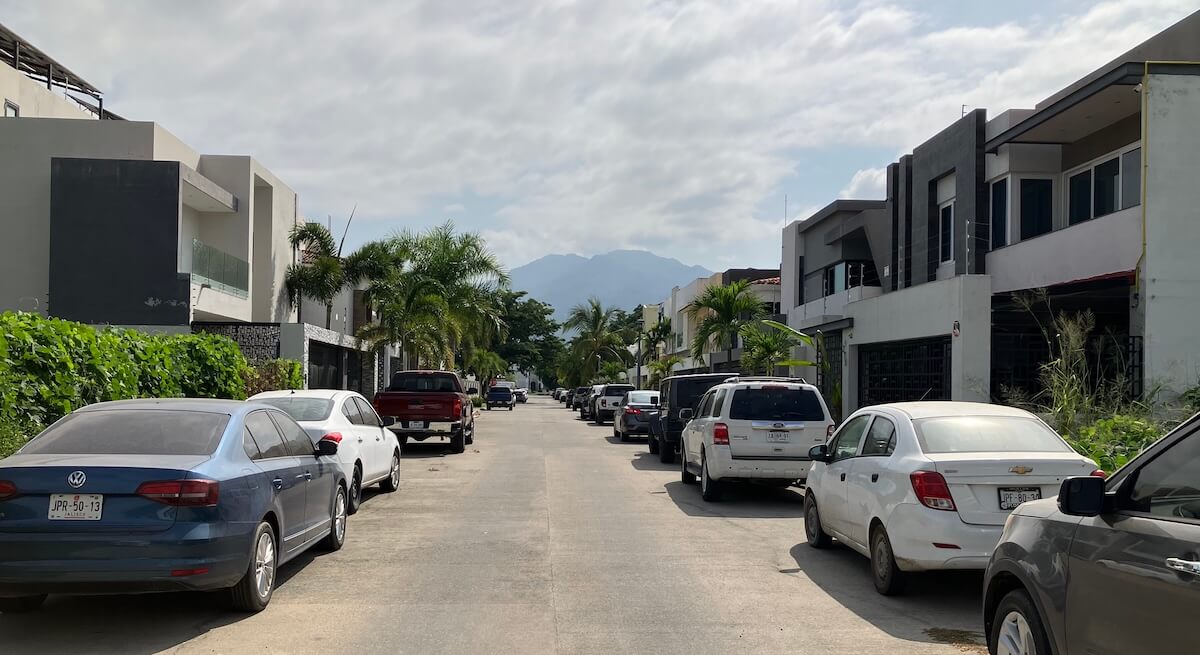
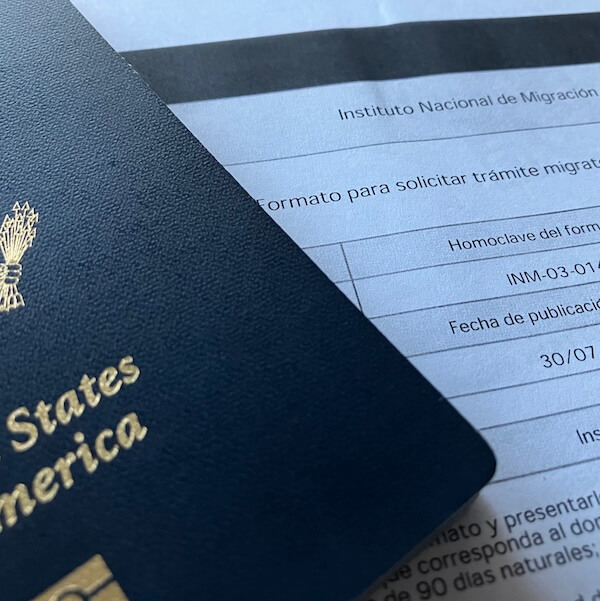

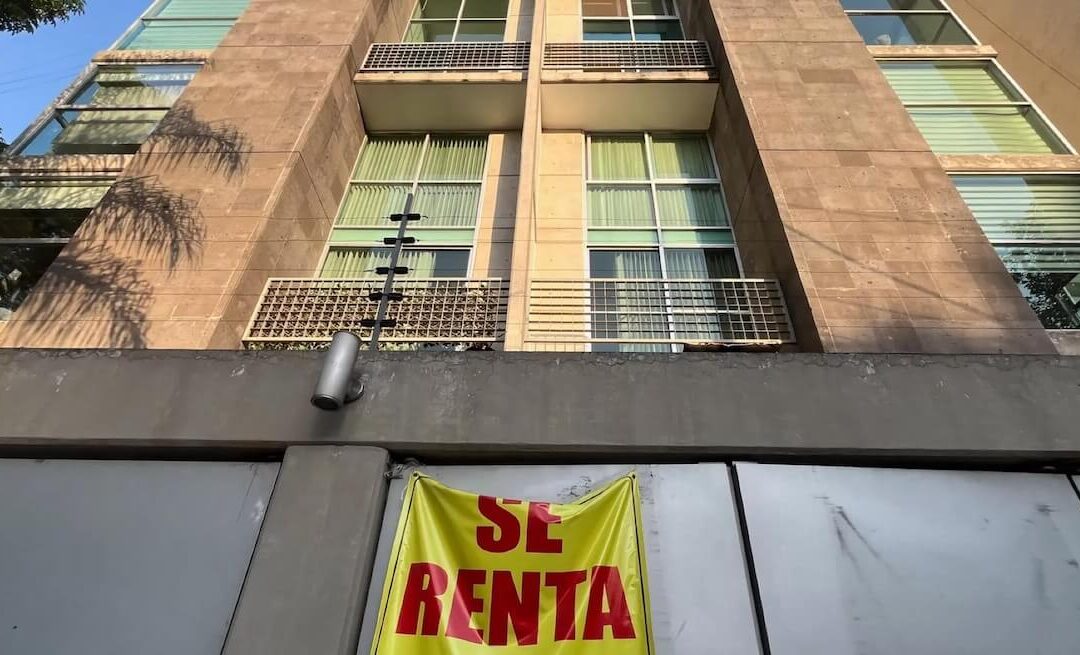
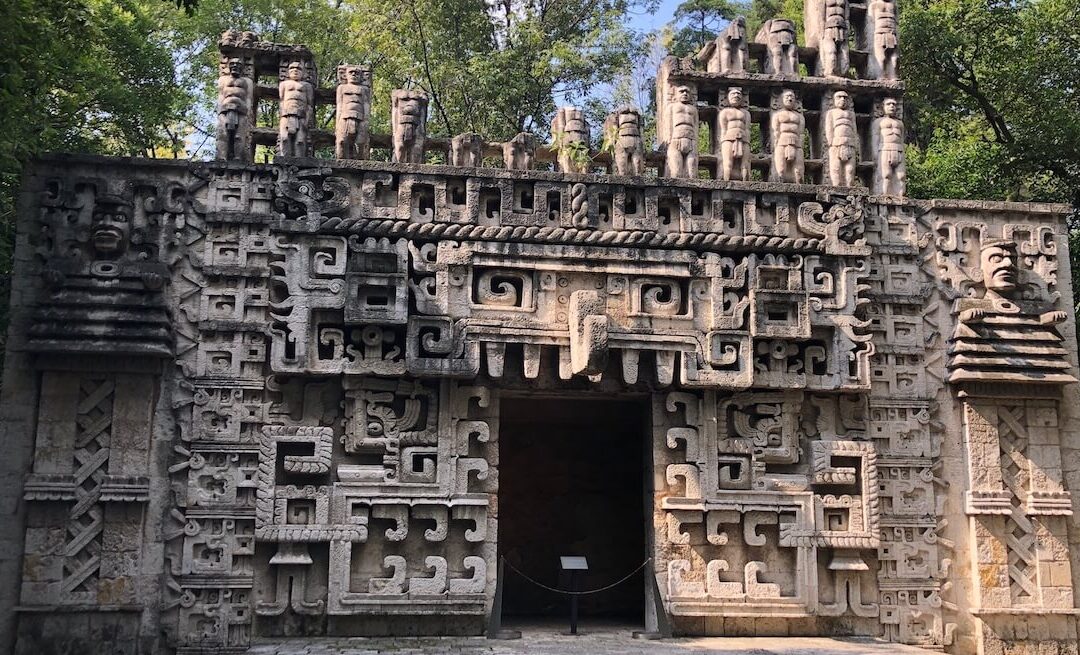
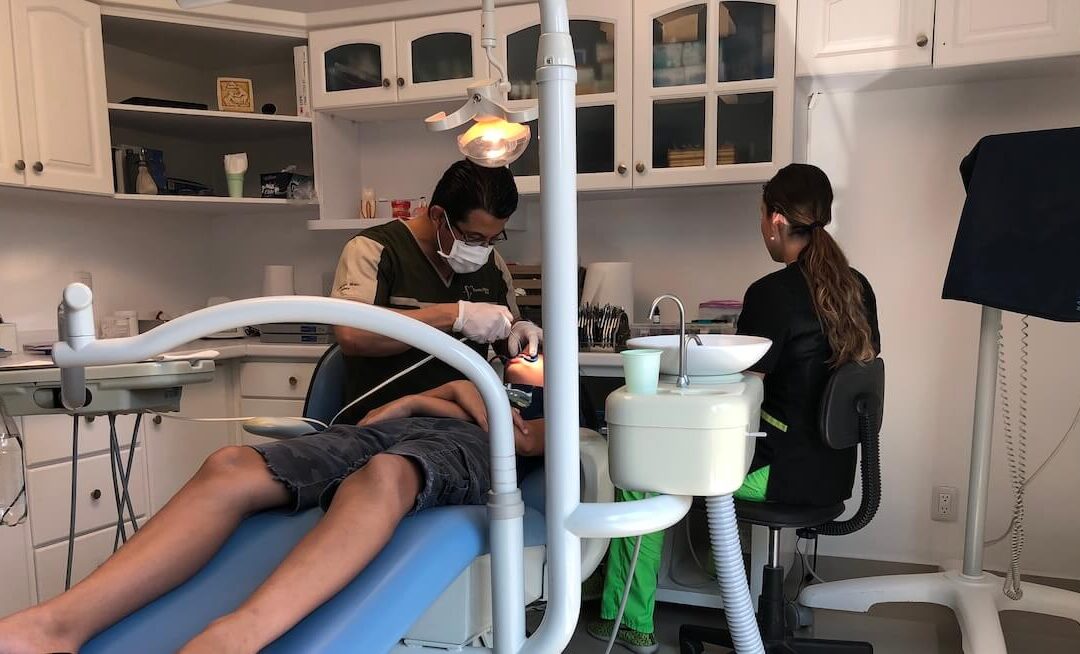
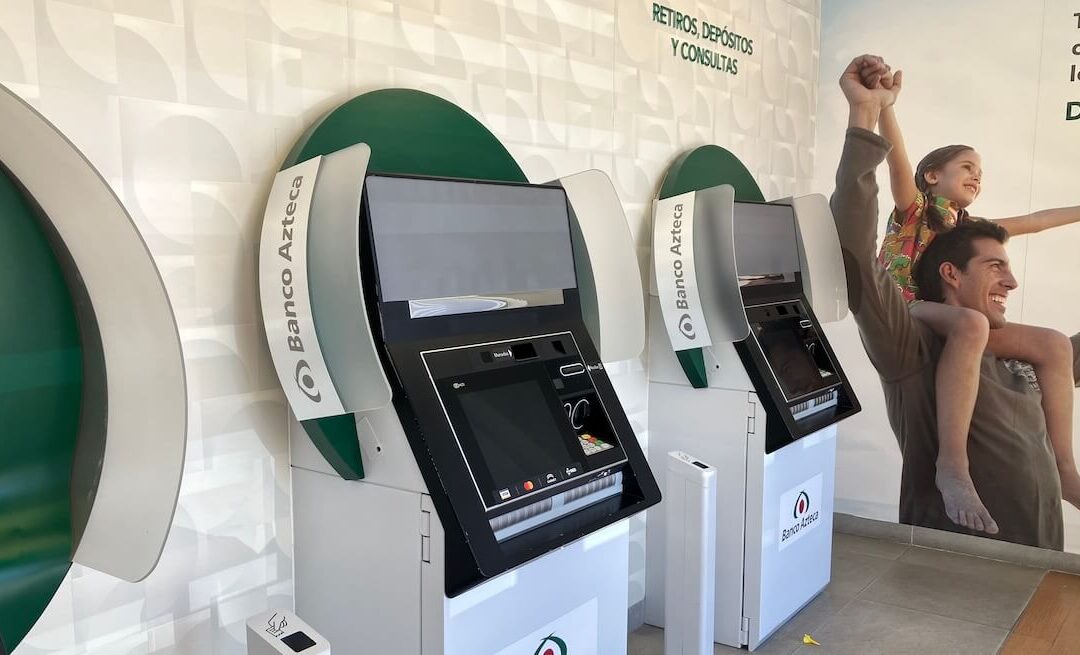
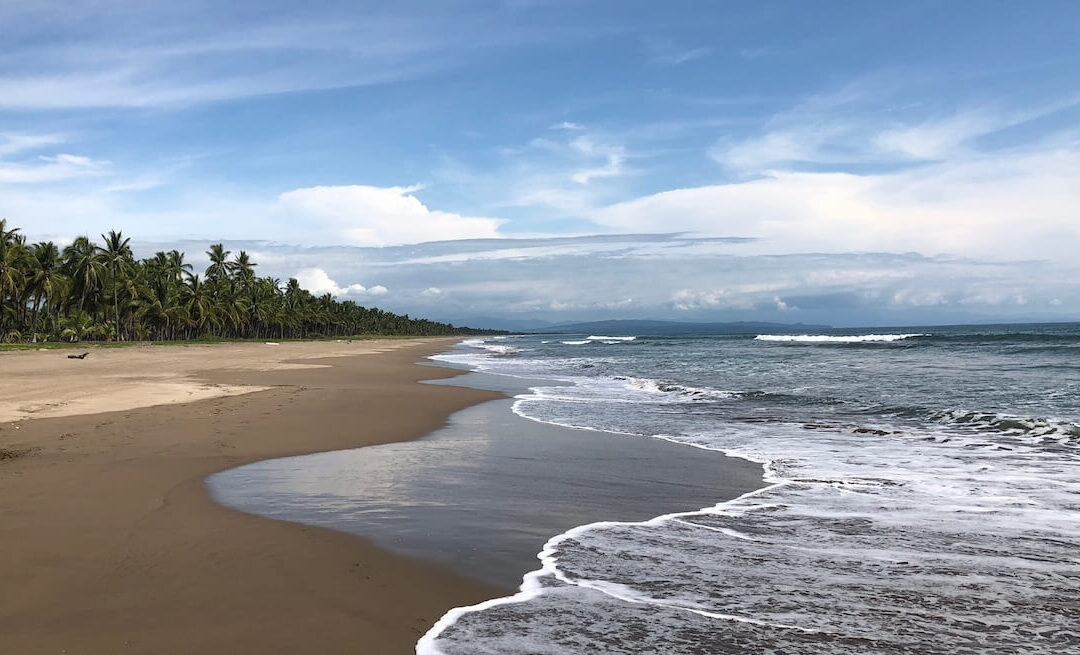
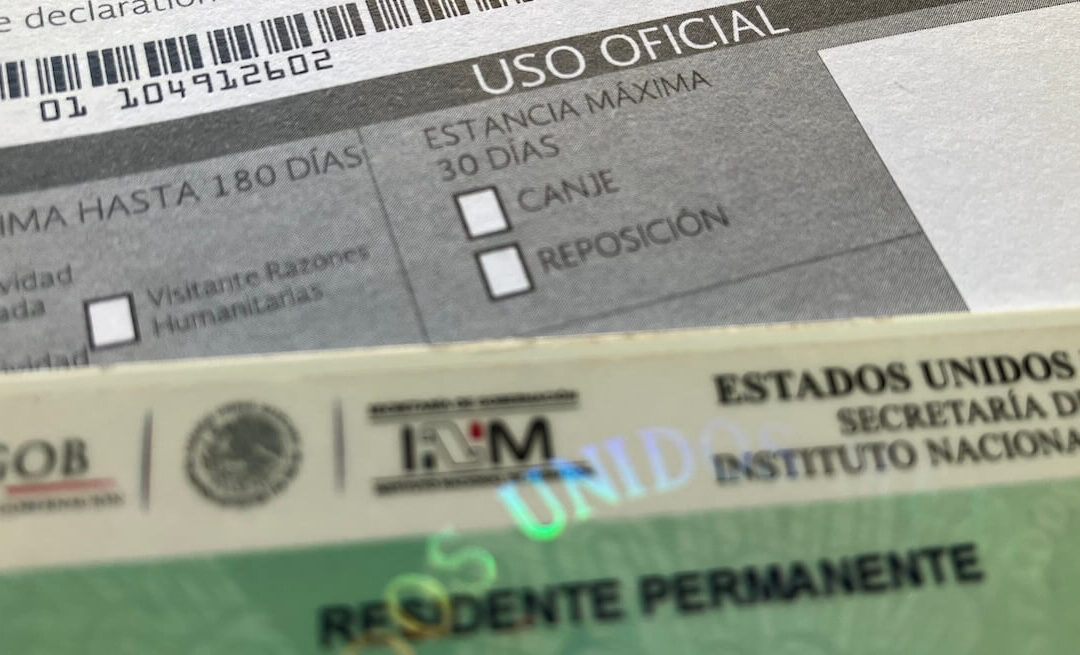
0 Comments